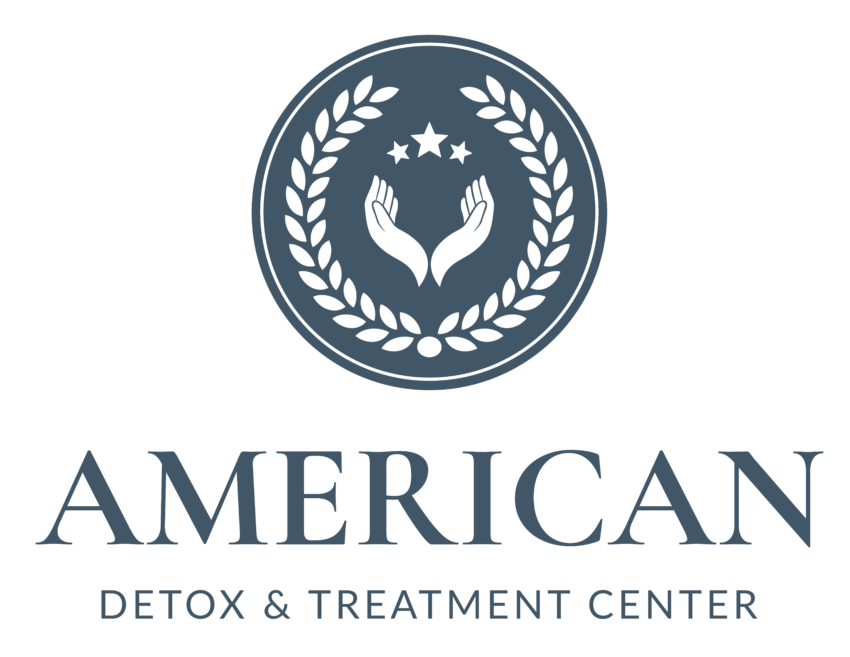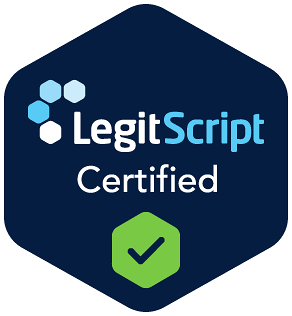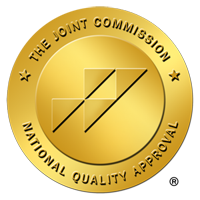Life skills are essential abilities that help you relate to society effectively, build relationships, and foster overall well-being, growth, and mental health. These skills allow you to deal with the challenges of everyday life, and yet, it is often the case that people grow up without learning many of these essential life skills, whether they are:
- Social skills
- Emotional skills
- Thinking skills
For those in recovery, building these life skills is particularly important as it helps you improve personal growth, avoid relapse, take advantage of social interactions that support your sobriety, and gain success in other critical areas of life such as education, careers, and financial stability.
Building Life Skills in Recovery
So, how do you build life skills?
Life skills are things that every person is able to develop through learning opportunities, experience, or activities. There are any number of important life skills, including the following:
Motivation
Motivational readiness has been studied heavily in association with recovery, as individuals who are building life skills in recovery need a way to remain motivated, to keep hope of a better future. The right skills can provide that.
Empathy
Empathy is a life skill that helps you boost your understanding of others, and your compassion toward them. This life skill makes it possible to connect to other people emotionally, something that is important not just in personal relationships, but in repairing things like family bonds.
Goal Setting
Goal setting is a simple but highly effective life skill. When you learn how to set goals, small, achievable goals and monitor your achievement of those goals, it helps you build motivation and create achievable milestones for your success in recovery.
Stress Management
Stress management is an often underappreciated and untaught skill. However, with the right type of recovery program you can learn effective ways to handle unexpected stress like meditation, mindfulness, progressive relaxation, or yoga. Managing your stress goes a long way toward reducing your risk of relapse and preventing unexpected challenges or obstacles from becoming overwhelming triggers.
Financial Literacy
Financial literacy is essential to anyone’s success, and it is not something that is taught in schools. Those who struggle with systemic poverty may not even see it reflected in the home. This can make it really challenging to know how to set a budget, what it means to manage credit or debt, or how to save money so that you are protected against unexpected changes in life.
Emotional Intelligence
Emotional intelligence is your ability to recognize your emotions, understand what they mean, sit with them, and avoid letting them take control over your thoughts and behaviors. When building life skills and recovery, emotional intelligence is one of the more important skills as it can help you recognize the true emotions you are feeling, where they might come from, without acting impulsively on those that are uncomfortable.
Communication
Communication skills and positive relationships are equally important. Those who are in recovery often struggle to land on their feet when they return to their normal life because their relationships have changed, maybe they need to make amends, maybe they need to find new relationships, maybe they need to offer forgiveness to themselves or others. All of this requires the right type of communication, an essential life skill that many people are not taught.
How to Build Life Skills in Recovery
Many places have created substance abuse recovery programs within their respective communities to facilitate the building of educational skills, computer skills, and other skills relevant to achieving a new career, financial stability, and self-sustainment.
That said, some of the best ways to build behavioral, cognitive, and other life skills are through self-help groups, particularly support groups with people who are also in recovery.
With American Detox, our facility specializes in providing each of our clients with the life skills they need to support themselves in their recovery, including:
- Staying motivated
- Creating goals and schedules
- Building communication
- Financial stability
- Career and educational advancement
- Self-care
With our residential inpatient program, military veterans, first responders, and anyone else in need of treatment can have access to programs that keep them focused on safe recovery, trauma-informed care, and the right life skill development for forward progression.
Reach out to us today to get help with your life skill-building in recovery.
Frequently Asked Questions
How do I improve my life skills?
Life skills are skill sets that should be continually improved and expanded. In order to do this it is best that you focus on the areas where you want to do better like emotional intelligence, self-care, or time management. From there, the best way to start building life skills in recovery and improving is to practice your skills regularly and find chances to learn more.
Sometimes this means taking time to reflect through things like journaling where you can list your strengths and weaknesses and review your personal goals. Having goals is an important way to identify which life skills you might be missing or might want to do better.
Can I learn all the important life skills on my own?
It is always best to build your life skills with the help of other resources, other people, and, in many cases, qualified professionals. When you are in recovery, it can be difficult to know which life skills you have missed, where you need to improve, or how best to stay motivated when building those skills.
Working with our team will give you a chance to access valuable resources, practice your skill building while in recovery, and continue developing those skills long after you leave.
How do you build motivation in recovery?
When you are in recovery, one of the best ways to keep your motivation going is to set achievable, clear goals. When you have those goals it’ll give you a sense of purpose and as you achieve them you will realize how many life skills you are actually building and how many skills you have improved upon.
No matter the level of care you receive at our facility, our team will help you build your motivation, set proper goals, and keep things like a schedule. These rudimentary life skills become second nature during your recovery process as you set a regular schedule every day at our facility, attend specific meetings, and build communication skills during those meetings.
Which life skill is best in recovery?
No single skill is necessarily greater than the other. Building life skills in recovery provides you with an opportunity to take better care of yourself, find direction in life, and build healthier relationships. Each of the skills you acquire will help you in all of these areas and tend to overlap with other relevant life skills.



